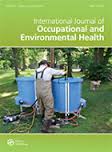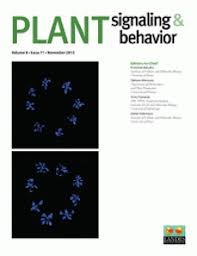
Ever since Cornell food researcher Brian Wansink wrote a blog post one year ago praising a graduate student’s productivity, things have gone downhill for him. Although he initially lauded the student for submitting five papers within six months of arriving at the lab, the four papers about pizza have all since been modified in some way after the research community began scrutinizing his work; two have been outright retracted. On Friday, Frontiers of Psychology retracted the fifth paper, about the shopping behavior of military veterans, with a notice stating a journal probe found “no empirical support for the conclusions of the article.” The retraction — covered by BuzzFeed — was likely not a surprise to Nick Brown, PhD student at the University of Groningen, who had expressed concerns about the paper in March.
Retraction Watch: You note that this newly retracted article was co-authored by the graduate student Wansink initially blogged about, but wasn’t as heavily scrutinized as the four papers about pizza consumption she also co-authored. Why do you think this paper wasn’t as closely examined?
 We know there are a lot of causes that matter to you, but since you’re reading this, we may be one of them. So we’d like to ask for your support.
We know there are a lot of causes that matter to you, but since you’re reading this, we may be one of them. So we’d like to ask for your support.


 Last month, a colleague of emergency medicine doctor
Last month, a colleague of emergency medicine doctor  Oops.
Oops.  Following heavy criticism of its decision to correct — instead of retract — a paper accused of plagiarism,
Following heavy criticism of its decision to correct — instead of retract — a paper accused of plagiarism,  Last week, a Swedish government funding agency announced
Last week, a Swedish government funding agency announced